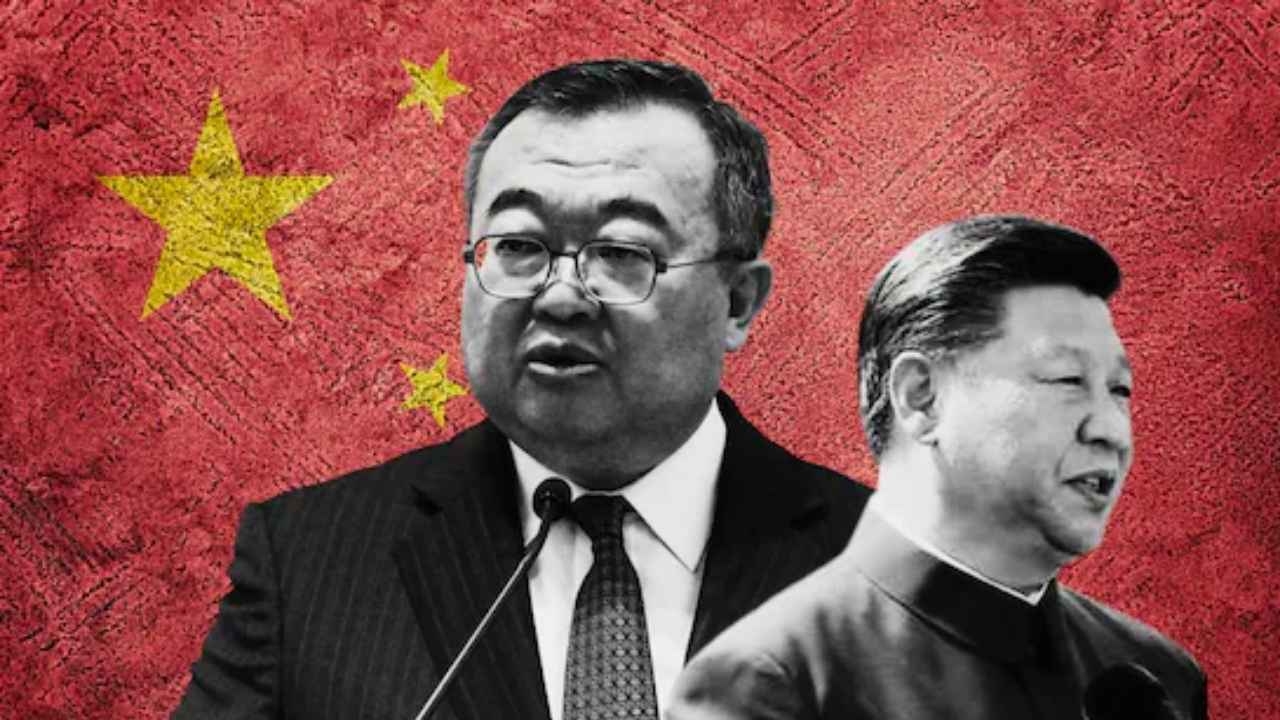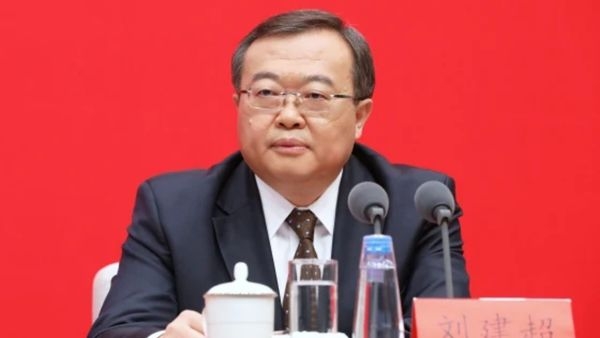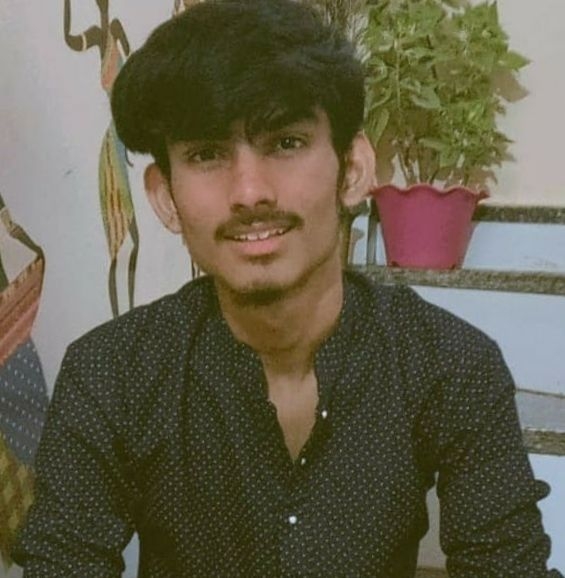China Detains Xi Jinping Loyalist and Potential Foreign Minister in Espionage Probe
12 Aug 2025 18:01:25

Liu Jianchao, a senior Chinese diplomat heading the foreign relations department of the ruling Communist Party, has been detained for questioning. The 61-year-old senior diplomat was taken away for questioning in late July after returning to Beijing from an overseas work trip, the paper reported, quoting people familiar with the matter.
Mr Liu, the Minister of the International Department of the Communist Party of China (CPC), is regarded as the potential future foreign minister and shares close ties with Chinese President Xi Jinping and is considered Xi’s loyalist in the CCP.
Mr Liu led a CPC delegation that attended the Liberation Movements Summit in South Africa on July 28, according to the official media here.
The news of Mr Liu’s detention, coming ahead of the upcoming Shanghai Cooperation Organisation (SCO) to be held in China’s Tianjin city later this month, sent shock waves across the Chinese official and diplomatic circles. The summit of the 10-member SCO is scheduled to take place from August 31 to September 1. As a minister of the International Department of the CPC, Mr Liu wielded considerable influence over China’s foreign policy, though Wang Yi is the foreign minister.
As recorded, he has been detained for questioning amid an ongoing investigation into alleged espionage activities involving China. This development has drawn significant attention and raises important questions about the implications for U.S.-China relations. His summoning by authorities is linked to suspected espionage activities that are believed to involve attempts to infiltrate and gather sensitive information about the U.S. government.
Reports indicate that multiple individuals have already been arrested and charged in connection with this case. The investigation is focused on allegations that Chinese officials have engaged in efforts to collect intelligence on U.S. operations and policies. This situation has heightened concerns among American lawmakers and intelligence officials regarding potential threats to national security posed by China.

Liu Jianchao was questioned about his potential involvement in these suspected espionage efforts. However, it is important to note that no formal charges have been filed against him at this time. This lack of formal charges does not diminish the seriousness of the investigation or the scrutiny Liu Jianchao is likely to face due to his high-ranking position within the Communist Party.
The incident marks another escalation in the already strained relations between the United States and China. Tensions have been rising due to various issues, including trade disputes, human rights concerns, and national security worries. The ongoing investigation into Chinese espionage activities adds another layer of complexity to this already challenging relationship.
In recent years, there have been several instances of alleged Chinese espionage attempts targeting the U.S. These incidents have led to increased scrutiny of Beijing’s actions and have raised alarms about the potential risks associated with Chinese intelligence operations. The current investigation into Liu Jianchao is likely to further fuel these concerns.
As the investigation unfolds, Liu Jianchao’s role will be closely examined. His position within the Communist Party’s Central Committee suggests that he may have had significant knowledge and involvement in the alleged espionage activities. This raises questions about the extent of his participation and the potential implications for other high-ranking officials within the Chinese government.
While details surrounding Liu Jianchao’s questioning remain limited, the situation highlights the growing unease between Washington and Beijing. As both nations navigate their complicated relationship, incidents like this are likely to continue drawing attention to the complexities and challenges involved in diplomatic engagements.
It remains uncertain whether Liu Jianchao will face formal charges or if other high-ranking officials might be implicated in the investigation. The inquiry is still in its early stages, and much remains unknown about Liu Jianchao’s specific role and the scope of the allegations against him.
Sources close to the investigation emphasise that the situation is still developing. The uncertainty surrounding Liu Jianchao’s involvement adds to the tension between the two global powers. This episode underscores the deep-seated mistrust and rivalry that characterise current Sino-American relations. As the investigation progresses, it will be interesting to see how it impacts future diplomatic engagements and cooperation between the United States and China. The ongoing scrutiny of Chinese espionage activities is likely to remain a focal point in discussions about national security and international relations.
Conclusion
The sudden detention of such a high-profile officer serves as a serious threat to global order and a clear reminder of the Red Dragon’s opaque and oppressive rule. In a system where power is concentrated in the hands of a few, political purges and disappearances often replace due process, creating an environment of fear even among the country’s elite. The lack of transparency around Liu’s sudden detention underscores the absence of rule of law and the dominance of political loyalty over merit. By stifling dissent, controlling narratives, and weaponising the justice system, China perpetuates a governance model where personal security is conditional, accountability is non-existent, and the whims of the leadership take precedence over fairness, stability, and the public good.
Article by

Kewali Kabir Jain
Journalism Student at Makhanlal Chaturvedi National University of Journalism and Communication